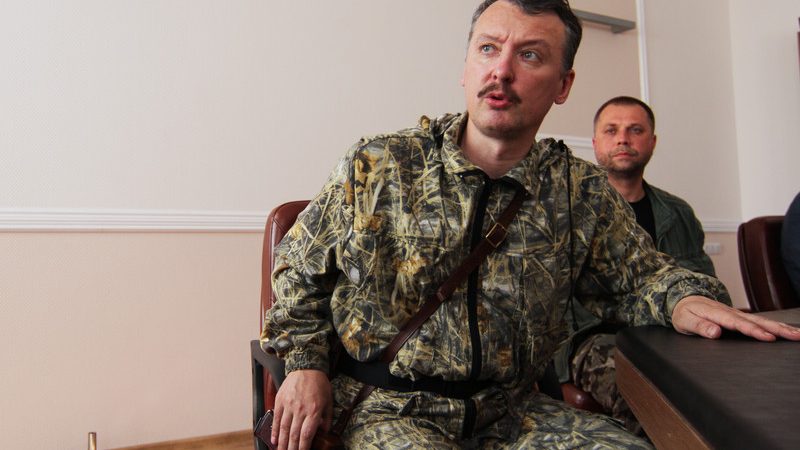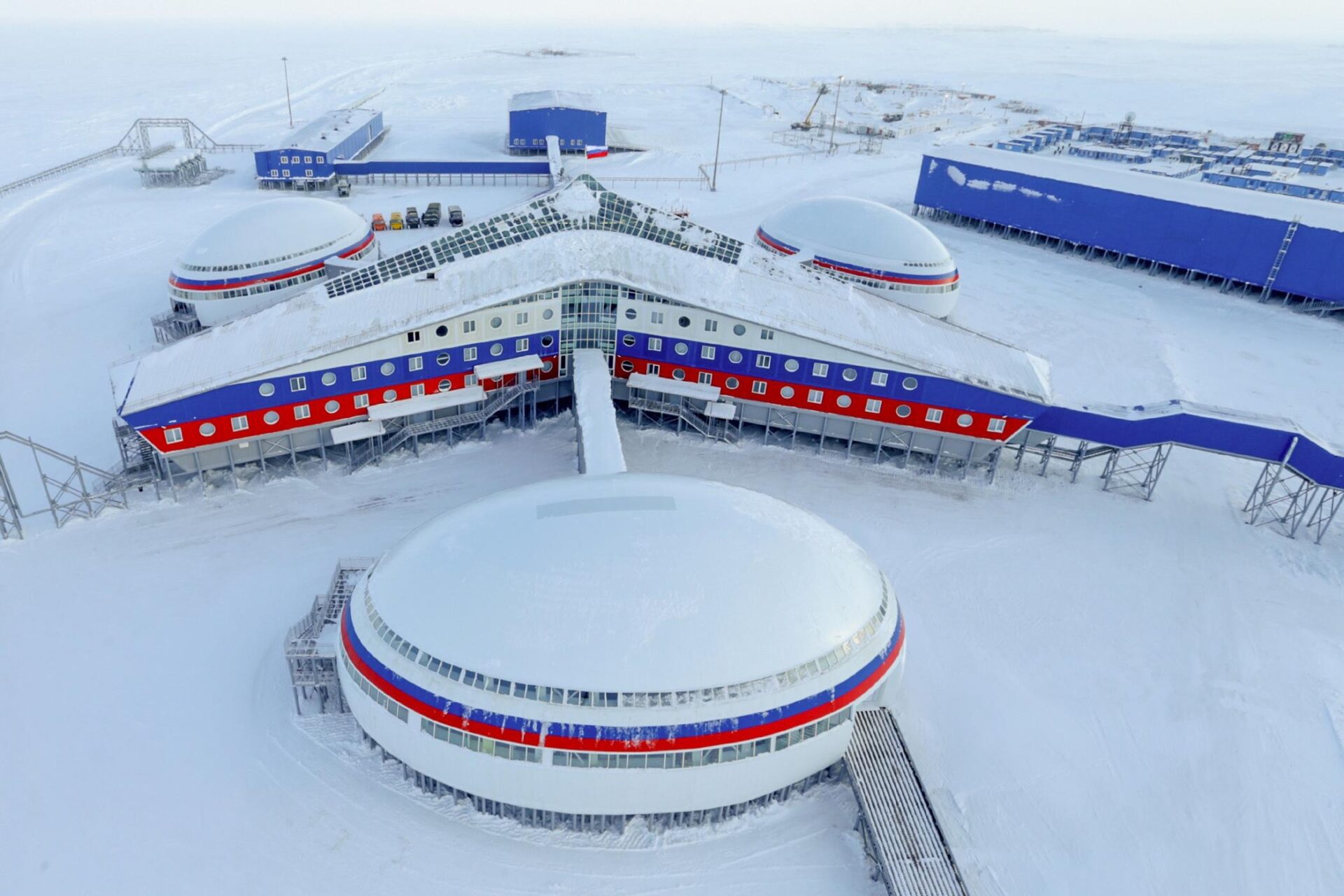
Will Russian Youth Be Educated by Criminals?
Will Russian Youth Be Educated by Criminals?
Prisoners and “veterans of the special military operation (SVO)” occupy an increasingly significant place in various spheres of Russian society, even if this does not especially suit the Kremlin. Pro-Kremlin experts complain of manpower shortages, noting that the economy has reached a new 27-year low for this indicator. The largest share of enterprises displaying a shortage of personnel is in light industry at over 70 percent, machine building at 42 percent, the chemical industry at 32 percent and food production at 22 percent (T.me/russia2, July 24).
To resolve this problem, some observers suggest using prisoners. According to Telegram channels close to the Russian Presidential Administration, the country’s largest online retailer announced plans to employ more than 500 convicts with light sentences by the end of 2023, and similar announcements seem to be spreading. It has even been proposed to involve convicted information technology specialists in remote work for commercial companies (T.me/russia2, July 26).
However, the prospect of making prisoners the main pillar of the “mobilization economy,” repeating the infamous practices of the Gulag, is not the most exotic proposal by Russian officials. In their opinion, veterans of the war against Ukraine returning from the front should take a leading role not only in the economy but also in the social and political spheres.
Russian President Vladimir Putin personally stated that the conditions should be created domestically for the participation of veterans of the war in Ukraine in public activities (Lenta.ru, July 20). State Duma deputies went even further and proposed bringing “veterans of the SVO” into the patriotic education of schoolchildren. One deputy, Colonel-General Vladimir Shamanov, who joined the supervising committee of the state fund “Defenders of the Fatherland,” said that “one of the fund’s tasks is to develop a program to integrate veterans into the system of patriotic education,” for both children and youth (Gazeta.ru, June 30).
The Defenders of the Fatherland fund has developed a broad range of activities. Since June 1, its branches began to work throughout the country, and at the end of July, the first forum of “veterans of the SVO” was held in Moscow, bringing together 150 veterans from across Russia (Znanierussia.ru, July 20). In addition to providing material, medical, legal and social assistance to those returning from the war, the organization has started to involve them in meetings with schoolchildren. In this, Shamonov announced that he regularly organizes “lessons of courage” as part of the “Hero Watch” project, and two “members of the SVO,” presented as “modern heroes,” have already made presentations to Russian children (Aif.ru, May 31).
Remember that among these so-called “heroes” are many prisoners who went to the front in exchange for expunging their criminal records. Among them are those convicted of murder, robbery, drug trafficking and other serious crimes. Some human rights activists underscore that “unrepentant murders and rapists” from prison colonies have been sent to fight the war against Ukraine (Current Time TV, October 31, 2022).
According to the attorney for the Fund for the Protection of the Rights of Prisoners, Yana Gelmel, she is aware of instances of recruitment by the Wagner Group of prisoners convicted for repeated instances of the sexual abuse of children; there is also the example of a person convicted of rape and murder (Kavkazr.com, October 26, 2022). However, even if soldiers have not committed violent acts in the past, it is growing ever-more likely that they have participated in war crimes in the occupied territories. Even media loyal to the Kremlin acknowledge that those returning from war often suffer from post-traumatic stress disorder and need rehabilitation (Kommersant, March 19).
Nevertheless, the main Russian propagandist, Vladimir Solovyov, and his usual panel of “experts” have called for the introduction of compulsory basic military training in schools without parents’ permission. They think that “veterans of the SVO” should teach these courses, and anyone against this training should be sent to the front or to prison (YouTube, July 24). In truth, such a program means entrusting children to people accustomed to killing and crippled by war. Rather than being socialized in such lessons, they will be artificially immersed in an imitation of war, only now together with children.
Beyond education, yesterday’s warriors are actively engaged in Russian politics as well. Since January 2023, statements and publications have proliferated regarding the upcoming mass participation of “veterans of the SVO” in regional and local elections. According to Russian media, the Presidential Administration and the United Russia party are considering the possibility of incorporating military personnel and volunteers into their election campaigns for Duma deputies (Vedomosti, January 12). In response, some experts have noted that potential “candidates from the SVO” do not meet a single requirement for the upcoming elections and appear only as a gesture to the current domestic political situation (The Moscow Times, January 24).
Despite this, one gets the impression that the Russian authorities do not truly seek to strengthen the influence of people returning from the front in Ukraine, especially after Yevgeny Prigozhin’s demonstrative rebellion. Thus, on 21 July, infamous “militia leader” Igor Girkin (Strelkov), who had been previously sentenced by the International Court of Justice in The Hague to life imprisonment for shooting down Malaysia Airlines flight MH17 and killing 298 passengers in 2014, was arrested (Kommersant, November 17, 2022).
However, in Russia, Girkin is not charged with murdering peaceful citizens and unleashing an aggressive war, but rather for “calls to extremism” following his sharp criticism of Putin and the war effort (Interfax, July 21). Independent observers note that this could be a signal that radical fanatics of the war are becoming threats to the regime, which, using the war in its own interests, fears that it has entered a phase that could be destructive for the Kremlin authorities (YouTube, July 26).
The idea is taking shape that Moscow is trying to strike a balance between “flirting” with radical patriots and attempts to prevent their rise. And this task is primarily being carried out by the hastily formed Defenders of the Fatherland Fund. On the one hand, such an approach prevents Russian war veterans from feeling rejected and forgotten as was the case with veterans of the Soviet war in Afghanistan; yet on the other, it helps control and channel the veterans’ movements in the right direction, at least according to the Kremlin. Even so, it seems that Russian officials are no longer able to control some of the trends unleashed by these aggressive propaganda methods, and the growing cult of yesterday’s criminals and “veterans of the SVO” may yet again turn on its creators.


